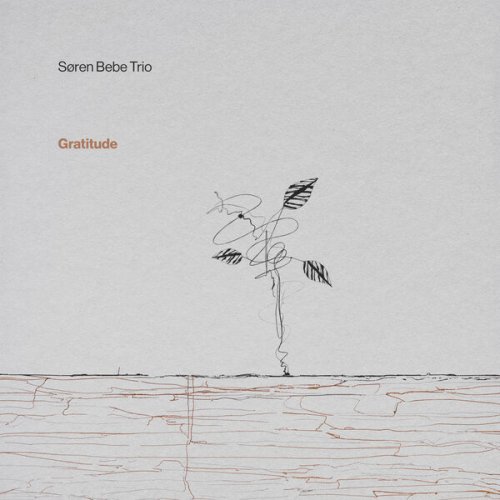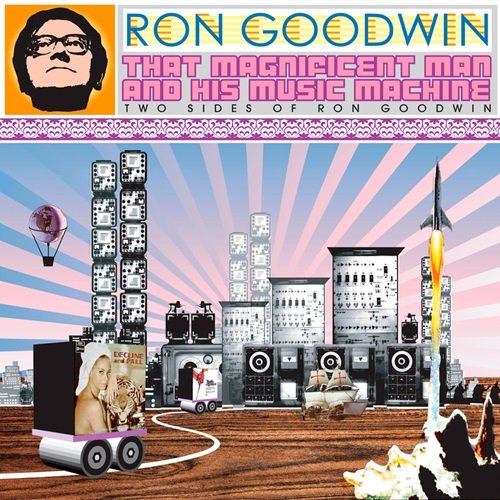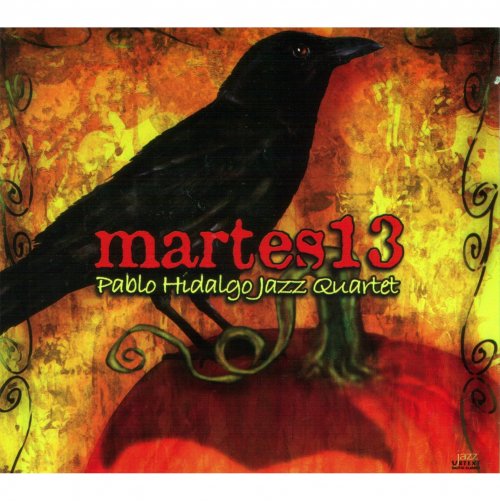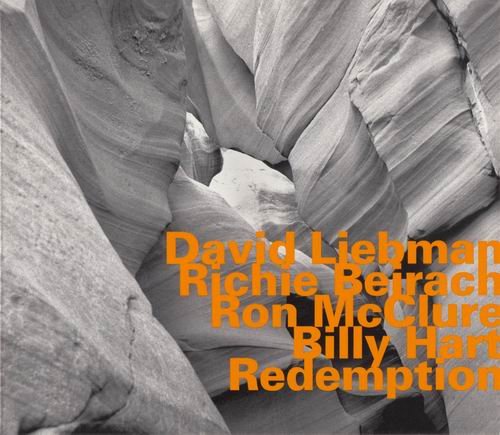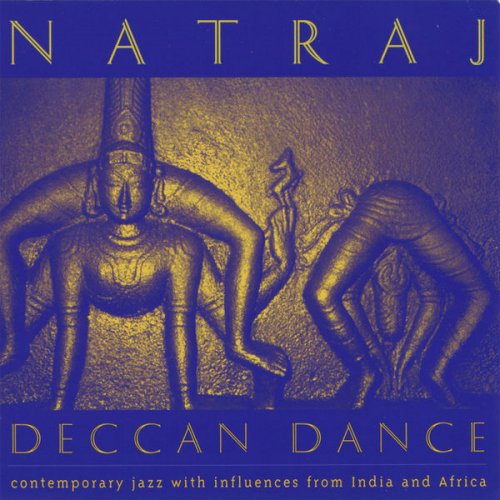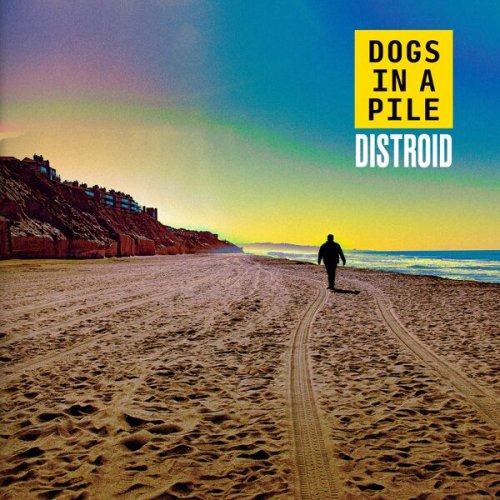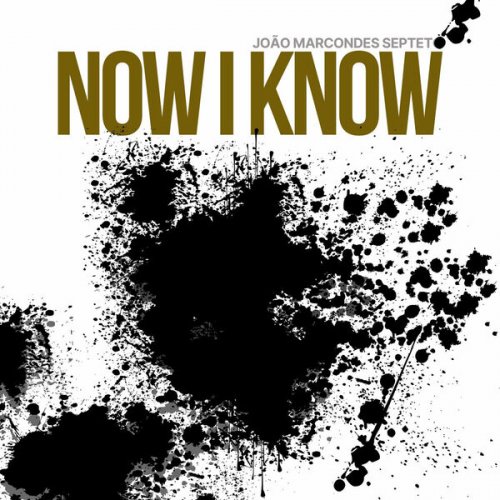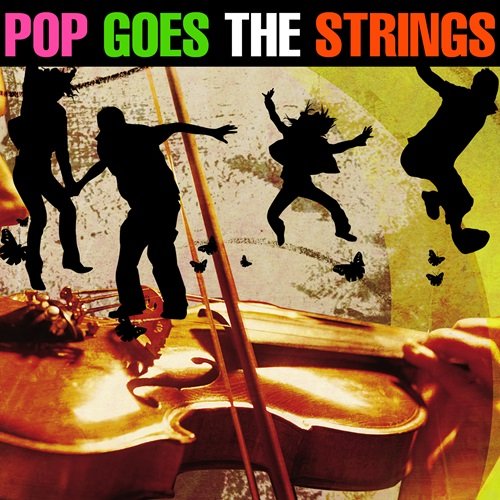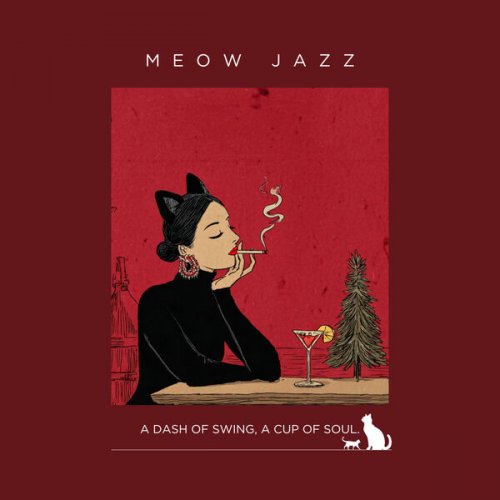Georges Prêtre - Gounod: Faust (1986)
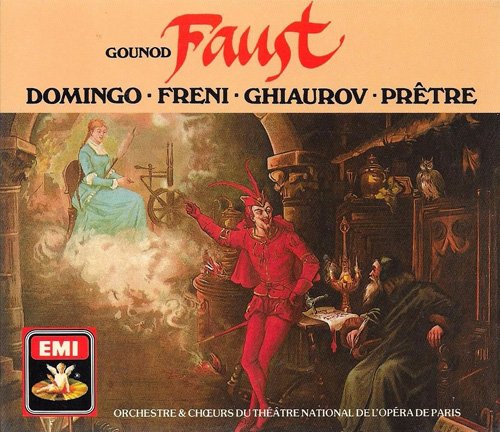
Artist: Placido Domingo / Mirella Freni / Nicolai Ghiaurov / Georges Prêtre
Title: Gounod: Faust
Year Of Release: 1986
Label: EMI
Genre: Classical
Quality: FLAC (image + .cue, log, artwork)
Total Time: 03:08:55
Total Size: 822 MB
WebSite: Album Preview
Tracklist:Title: Gounod: Faust
Year Of Release: 1986
Label: EMI
Genre: Classical
Quality: FLAC (image + .cue, log, artwork)
Total Time: 03:08:55
Total Size: 822 MB
WebSite: Album Preview
CD 1:
01. Introduction - Georges Pretre
02. Act I, Scene One: Rien! En Vain J'interroge... - Placido Domingo
03. Act I, Scene One: Ah! Paresseuse Fille... - Placido Domingo
04. Act I, Scene One: Mais, Ce Dieu Que Peut-il Pour Moi?/Scene Two: Me Voici! - Nicolai Ghiaurov
05. Act I, Scene Two: A Moi Les Plaisirs... - Nicolai Ghiaurov
06. Act II, Scene One: Vin Ou Biere - Jean Laforge
07. Act II, Scene Two: O Sainte Medaille - Thomas Allen
08. Act II, Scene Two: Avant De Quitter Ces Lieux/Scene Three: Pardon!...Hein? - Thomas Allen
09. Act II, Scene Three: Le Veau D'or - Nicolai Ghiaurov
10. Act II, Scene Three: Merci De Ta Chanson! - Nicolai Ghiaurov
11. Act II, Scene Three: De L'Enfer Qui Vent Emousser Nos Armes - Thomas Allen
12. Act II, Scene Four: Nous Nous Retrouverons, Mes Amis! - Nicolai Ghiaurov
13. Act II, Scene Five: Ainsi Que La Brise Legere... - Nicolai Ghiaurov
14. Act II, Scene Five: Ne Permettrez-vous Pas Ma Belle - Nicolai Ghiaurov
CD 2:
01. Act III, Scene One: Intro - Georges Pretre
02. Act III, Scene One: Faites-lui Mes Aveux - Michele Command
03. Act III, Scene Two: C'est Ici? - Placido Domingo
04. Act III, Scene Three: Attendez-moi La, Cher Docteur! - Nicolai Ghiaurov
05. Act III, Scene Four: Quel Trouble Inconnu Me Penetre!...Salut! Demeure Chaste Et Pure... - Placido Domingo
06. Act III, Scene Five: Alerte! La Viola! - Nicolai Ghiaurov
07. Act III, Scene Six: Je Voudrais Bien Savoir...Il Etait Un Roi De Thule - Mirella Freni
08. Act III, Scene Six: Un Bouquet!...O Dieu! Que De Bijoux! - Mirella Freni
09. Act III, Scene Seven: Seigneur Dieu, Que Vois-Je!/Scene Eight: Dame Marthe Schwerlein, S'il V - Nicolai Ghiaurov
10. Act III, Scene Eight: Prenez Mon Bras Un Moment! - Nicolai Ghiaurov
11. Act III, Scene Eight: Il Etait Temps! - Nicolai Ghiaurov
12. Act III, Scene Eight: Il Se Fait Tard! - Placido Domingo
13. Act III, Scene Eight: Tenez! Elle Ouvre Sa Fenetre!...Il M'aime - Nicolai Ghiaurov
14. Act IV, Scene One: Intro - Georges Pretre
15. Act IV, Scene One: Elles Ne Sont Plus La! - Mirella Freni
16. Act IV, Scene One: Marguerette!...Siebel! - Mirella Freni
17. Act IV, Scene One: Si Le Bonheur... - Mirella Freni
18. Act IV, Scene Two: Seigneur, Daignez Permettre... - Nicolai Ghiaurov
19. Act IV, Scene Two: Souveins-toi Du Passe - Mirella Freni
20. Act IV, Scene Two: Quand Du Seigneur... - Nicolai Ghiaurov
CD 3:
01. Act IV, Scene Three: Deposons Les Armes! - Thomas Allen
02. Act IV, Scene Three: Gloire Immortelle - Jean Laforge
03. Act IV, Scene Four: Allons, Siebel! - Thomas Allen
04. Act IV, Scene Five: Vous Qui Faites L'endormie - Nicolai Ghiaurov
05. Act IV, Scene Six: Que Voulez-vous, Messieurs? - Nicolai Ghiaurov
06. Act IV, Scene Seven: Par Ici, Par Ici, Mes Amis! - Mirella Freni
07. Act IV, Scene Seven: Ecoute-Moi Bien, Marguerite - Thomas Allen
08. Act V, Scene One: Dans Les Bruyeres - Nicolai Ghiaurov
09. Act V, Scene One: Jusqu' Aux Premiers Feux Du Matin - Nicolai Ghiaurov
10. Act V, Scene One: Que Ton Ivresse, O Volupte - Nicolai Ghiaurov
11. Act V, Scene One: Intermezzo - Georges Pretre
12. Act V, Scene Two: Va-t'en - Nicolai Ghiaurov
13. Act V, Scene Two: Mon Coeur Est Penetre.. - Placido Domingo
14. Act V, Scene Two: Ah! C'est La Voix Du Bien-Aime!/Oui, C'est, Moi, Je T'aime! - Placido Domingo
15. Act V, Scene Two: Alerte! Alerte!...Anges Pur...Christ Est Ressuscite - Placido Domingo
16. Ballet Music: Les Nubiennes (Allegretto: Movt De Valse) - Georges Pretre
17. Ballet Music: Adagio - Georges Pretre
18. Ballet Music: Danse Antique (Allegretto) - Georges Pretre
19. Ballet Music: Vars De Cleopatre (Moderato Maestoso) - Georges Pretre
20. Ballet Music: Les Troyens (Moderato Con Moto) - Georges Pretre
21. Ballet Music: Vars Du Miroir (Allegretto) - Georges Pretre
22. Ballet Music: Danse De Phryne (Allegro Vivo) - Georges Pretre
One of the world's most renowned tenors, Plácido Domingo -- along with his frequent collaborators Luciano Pavarotti and José Carreras -- is largely responsible for the increasing mainstream popularity of opera among contemporary listeners. He became established quickly as one of the greatest lyric tenors of his time, and one who could also sing dramatic tenor roles with nearly equally fine results. Domingo's forays into Latin and pop music were also successful, earning him Grammy and Latin Grammy Awards as well as silver, gold, platinum, and multi-platinum-selling albums. As his voice deepened with age in the 2010s, he continued to perform as a baritone.
Born March 21, 1941, in Madrid, Spain, Domingo's parents were both singers in the zarzuela, Spain's distinctive national form of musical theater. His family relocated to Mexico in 1950; there he studied vocal technique, as well as piano and conducting, at the Mexico City Conservatory. His operatic debut was in the small role of Borsa in Verdi's Rigoletto with the National Opera in Mexico City in 1959. His first appearance in the leading tenor role was as Alfredo in Verdi's La Traviata in Monterrey, Mexico, in 1960. Subsequently, he spent close to three years with the Israel National Opera, singing 280 performances in a dozen different roles. His debut with the Metropolitan Opera Company was in a Lewisohn Stadium concert performance of Cavalleria Rusticana, as Turiddu, August 9, 1966. His Metropolitan Opera debut was on September 28, 1968, as Maurice de Saxe in Adriana Lecouvreur -- the first of well over 400 performances at the legendary venue.
In the years to follow, Domingo's stature grew on the strength of regular performances at the world's most famed opera houses, among them La Scala, the Vienna State Opera, London's Covent Garden, the Opéra de la Bastille in Paris, the San Francisco Opera, Chicago's Lyric Opera, and the Los Angeles Music Center Opera (which he co-founded). His recordings included performances with sopranos such as Rosalind Plowright, Katria Ricciarelli, and Montserrat Caballe.
During the '80s, Domingo broadened his horizons. He added pop and Latin music to his repertoire, scoring a Top 20 hit with the 1981 John Denver duet "Perhaps Love" from the album of the same name, and winning a Best Latin Pop Performance Grammy in 1985 for Siempre en Mi Corazón (Always in My Heart), a collection of Ernesto Lecuona songs. He also appeared in several filmed operas, including Franco Zeffirelli's La Traviata in 1982, Franco Rossi's Carmen in 1984, and Zeffirelli's Otello in 1986.
However, Domingo's greatest popularity came as one of the Three Tenors, a trio featuring Pavarotti and Carreras, whose albums and live concert videos enjoyed mainstream success not enjoyed by operatic recordings in many decades. The Three Tenors' 1990 debut album became one of the best-selling classical albums of all time, and they continued to perform and record until 2003. In 1992, Domingo began the Christmas in Vienna series of concerts and albums, which featured vocalists such as Carreras, Diana Ross, Charles Aznavour, Tony Bennett, and many others.
During the '90s and 2000s, Domingo's behind-the-scenes work in opera and the arts increased. Having established a relationship with the Washington National Opera in the '80s, he became its Artistic Director in 1996, a position he held until 2011. Meanwhile, he became Artistic Director of the Los Angeles Opera in 2000, ultimately taking on the role of General Director in 2003. He also founded the international opera competition Operalia and became the president of Europa Nostra, a European cultural heritage federation.
Along with these responsibilities, Domingo continued to perform, though his roles were changing. He performed in more Wagnerian operas and Russian-language operas such as Tchaikovsky's The Queen of Spades. He also added new roles in classic and modern operas including Arrigo in Verdi's La Battaglia di Legnano and Tan Dun's The First Emperor. Domingo earned particular acclaim for his performance as Tristan in the 2005 EMI Classics studio recording of Tristan und Isolde, which featured Operalia winner Nina Stemme in the other lead role. In 2009, Domingo switched to baritone parts, starting with Verdi's Simon Boccanegra and following it with roles in the composer's Rigoletto, I due Foscari, La Traviata, and Macbeth, among others. He also continued to record classical and pop albums. His 2011 collection of Verdi baritone arias won a Latin Grammy Award; other projects included 2012's Songs, which featured collaborations with Josh Groban and Susan Boyle, the 2015 holiday album My Christmas, and an appearance on Il Volo's Notte Magica: A Tribute to the Three Tenors in 2016. ~ Jason Ankeny
Born March 21, 1941, in Madrid, Spain, Domingo's parents were both singers in the zarzuela, Spain's distinctive national form of musical theater. His family relocated to Mexico in 1950; there he studied vocal technique, as well as piano and conducting, at the Mexico City Conservatory. His operatic debut was in the small role of Borsa in Verdi's Rigoletto with the National Opera in Mexico City in 1959. His first appearance in the leading tenor role was as Alfredo in Verdi's La Traviata in Monterrey, Mexico, in 1960. Subsequently, he spent close to three years with the Israel National Opera, singing 280 performances in a dozen different roles. His debut with the Metropolitan Opera Company was in a Lewisohn Stadium concert performance of Cavalleria Rusticana, as Turiddu, August 9, 1966. His Metropolitan Opera debut was on September 28, 1968, as Maurice de Saxe in Adriana Lecouvreur -- the first of well over 400 performances at the legendary venue.
In the years to follow, Domingo's stature grew on the strength of regular performances at the world's most famed opera houses, among them La Scala, the Vienna State Opera, London's Covent Garden, the Opéra de la Bastille in Paris, the San Francisco Opera, Chicago's Lyric Opera, and the Los Angeles Music Center Opera (which he co-founded). His recordings included performances with sopranos such as Rosalind Plowright, Katria Ricciarelli, and Montserrat Caballe.
During the '80s, Domingo broadened his horizons. He added pop and Latin music to his repertoire, scoring a Top 20 hit with the 1981 John Denver duet "Perhaps Love" from the album of the same name, and winning a Best Latin Pop Performance Grammy in 1985 for Siempre en Mi Corazón (Always in My Heart), a collection of Ernesto Lecuona songs. He also appeared in several filmed operas, including Franco Zeffirelli's La Traviata in 1982, Franco Rossi's Carmen in 1984, and Zeffirelli's Otello in 1986.
However, Domingo's greatest popularity came as one of the Three Tenors, a trio featuring Pavarotti and Carreras, whose albums and live concert videos enjoyed mainstream success not enjoyed by operatic recordings in many decades. The Three Tenors' 1990 debut album became one of the best-selling classical albums of all time, and they continued to perform and record until 2003. In 1992, Domingo began the Christmas in Vienna series of concerts and albums, which featured vocalists such as Carreras, Diana Ross, Charles Aznavour, Tony Bennett, and many others.
During the '90s and 2000s, Domingo's behind-the-scenes work in opera and the arts increased. Having established a relationship with the Washington National Opera in the '80s, he became its Artistic Director in 1996, a position he held until 2011. Meanwhile, he became Artistic Director of the Los Angeles Opera in 2000, ultimately taking on the role of General Director in 2003. He also founded the international opera competition Operalia and became the president of Europa Nostra, a European cultural heritage federation.
Along with these responsibilities, Domingo continued to perform, though his roles were changing. He performed in more Wagnerian operas and Russian-language operas such as Tchaikovsky's The Queen of Spades. He also added new roles in classic and modern operas including Arrigo in Verdi's La Battaglia di Legnano and Tan Dun's The First Emperor. Domingo earned particular acclaim for his performance as Tristan in the 2005 EMI Classics studio recording of Tristan und Isolde, which featured Operalia winner Nina Stemme in the other lead role. In 2009, Domingo switched to baritone parts, starting with Verdi's Simon Boccanegra and following it with roles in the composer's Rigoletto, I due Foscari, La Traviata, and Macbeth, among others. He also continued to record classical and pop albums. His 2011 collection of Verdi baritone arias won a Latin Grammy Award; other projects included 2012's Songs, which featured collaborations with Josh Groban and Susan Boyle, the 2015 holiday album My Christmas, and an appearance on Il Volo's Notte Magica: A Tribute to the Three Tenors in 2016. ~ Jason Ankeny
